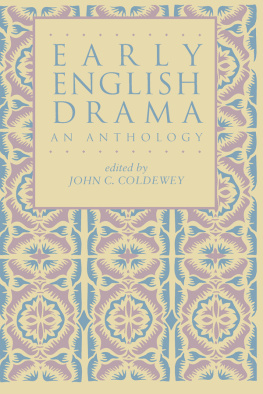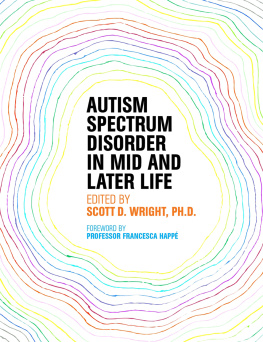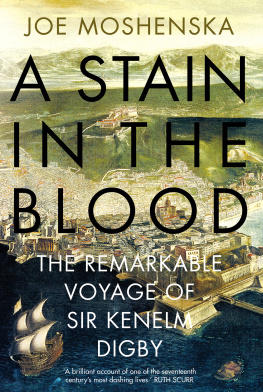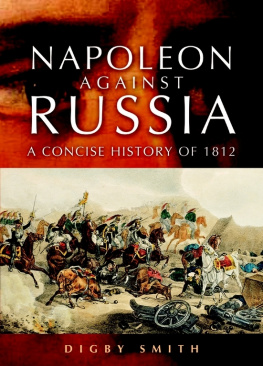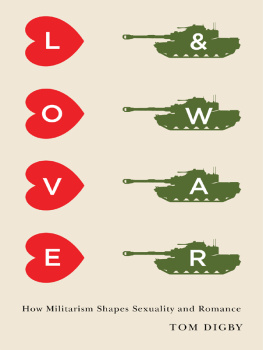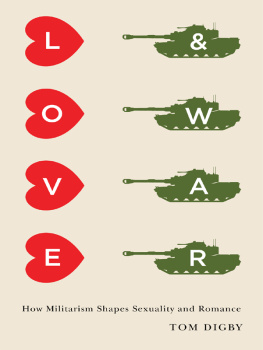First published 1993 by Garland Publishing, Inc.
Published 2016 by Routledge
2 Park Square, Milton Park, Abingdon, Oxon OX14 4RN
711 Third Avenue, New York, NY 10017, USA
Routledge is an imprint of the Taylor & Francis Group, an informa business
Copyright 1993 John C. Coldewey
Transferred to digital priming 2010 by Routledge
All rights reserved. No part of this hook may be reprinted or reproduced or utilised in any form or by any electronic, mechanical, or other means, now known or hereafter invented, including photocopying and recording, or in any information storage or retrieval system, without permission in writing from the publishers.
Notice:
Product or corporate names may be trademarks or registered trademarks, and arc used only for identification and explanation without intent to infringe.
ISBN: 9780824046996 (hbk)
Library of Congress Cataloguing-in-Publication Data
Early English drama: an anthology / edited by John C. Coldewey.
p. cm. (Garland reference library of the humanities; vol. 1313)
ISBN 0-8240-4699-4
ISBN 0-8240-5465-2
1. English dramaTo 1500. 2. English dramaEarly modern and Elizabethan, 15001600. 3. Mysteries and miracle-plays, English. 4. Moralities, English. I. Coldewey, John C. II. Series.
PR1260.E27 1992
Inevitably, an editor incurs many debts. Some are large and amorphous debts of influence, attitude, and example that cannot be acknowledged adequately or completely. Such are the longstanding debts I owe to Donald C. Baker and John Murphy, EETS editors of The Digby Plays and my mentors years ago, and the debts I owe to my students today, who continue to teach me to see with fresh eyes. Other debts are easier to locate and a pleasure to pay. I am first of all indebted to A.S.G. Edwards at the University of Victoria, who has encouraged me for some time to put together an anthology that would reflect my sense of the main theatrical tradition in late medieval England. I owe thanks to Michael Preston at the University of Colorado, who generously supplied me with versions of playtexts from the electronic text archive of medieval drama there; to Tom Ridgeway from the Humanities and Arts Computer Center at the University of Washington, and to Toni Bennett as well, who helped wrestle the electronic text files into more manageable form. To Richard Emmerson at Western Washington University, to Lawrence Clopper at the University of Indiana, to Christine Rose Coldewey at Portland State University, to Mcel Vaughan and, especially, to David Fowler at the University of Washington, I owe great thanks for checking and correcting various segments of my texts and glosses.
I owe an enormous debt to the ABCs of past anthology editors: Joseph Q. Adams, David Bevington, and Arthur C. Cawley, whose works I have used with an ever increasing appreciation for their judgment and expertise. This alphabetical listing can be extended neatly to D and ENorman Davis and Mark Ecclesthe fine and careful EETS editors of, respectively, The Non-Cycle Plays and Fragments and The Macro Plays. Farther ranging debts are owed others: to Milla Riggio of Trinity College in Hartford and John Hopper at AMS Press, who allowed me to see proofs of Wisdom, then being prepared for publication; to the Graduate School and to the English Department at the University of Washington, which supported my efforts on this book with a Faculty Research Grant and a research assistant; and to Paula Ladenburg from Garland Publishing, whose patience and good advice have saved me from a good many more stylistic or typographical errors than remain here, which are in any case my own responsibility.
Personal thanks are due to William Liddell of Birkbeck College at the University of London, and to Vic Gray, County Archivist of Essex, both of whom urged this collection and supported my efforts at each turn; to my two sons, Christopher and Devin, who patiently endured the countless hours of my distracted attention, and who have always taken a baffled delight in my scholarship. And finally, in the ancient tradition that the last should be first, I happily acknowledge the debt to my wife, Christine Rose Coldewey, who offered every comfort and encouragement through the course of this project, who gave unstintingly of her own great expertise in Middle English language and literature, and who acted as happy governor, guide, and spur to my many enthusiasms.
Fewer than thirty-five vernacular English play texts and fragments survive from the late middle ages. Of them, four are long compilations of dramatized Biblical episodes that illustrate the cycle of human destiny from the creation of the world to the last judgment. These, the famous cycle plays, were vast, corporately-sponsored productions, performed by prosperous cities on special feast days like Corpus Christi Day or Whitsunday, usually with the cooperation of local craft and religious guilds. They flourished from the late fourteenth until the mid-sixteenth centuries. Manuscripts of complete Biblical cycles have survived from York, Chester, and the vicinity of Wakefield. The text of a fourth cycle, known as the N-Town Plays, derives from East Anglia, though its origins and history of performance are obscure. It may have been a travelling text, a compilation of various playtexts gathered together by a travelling company, or perhaps a flexible sequence of plays sponsored by a monastic institution. In addition, a few pageants, or individual episodes, from other cycle plays also survive, and they attest to the vigor of the cycle play tradition in a number of towns like Coventry, Newcastle, and Beverley. The list of sponsoring towns has been extended considerably with the systematic collection of documentary records of play performance undertaken by the Records of Early English Drama project at the University of Toronto. Understandably then, it has long been thought that the mainstream tradition of late medieval drama was defined by the cycles, whose scope, shape, poetic elaboration, and production difficulties have rightly attracted a good deal of attention.
But most of the early English theatrical productions were not connected with cycle plays at all. Recent scholarship on records of early English drama has shown that in number, frequency of performance, and geographical distribution, non-cycle plays were the rule, not the exception, for hundreds of communities in England during the late middle ages. This is particularly true for East Angliathe region including Norfolk and Suffolk and parts of Cambridgeshire and Essexthough the activity was by no means limited to that area of the country; everywhere, it seems, as performance records now show, non-cycle plays were an astonishingly popular source of entertainment, instruction, and profit. Earlier prevailing notions of the English dramatic tradition are slow to change, however, and it should come as no surprise that in our anthologies of medieval English drama few non-cycle plays appear.
One purpose of this collection, then, is to present as large a sampling of non-cycle plays as possible, in the belief that they represent a different mode of dramatic composition and theatrical experience from the cycle plays. The term non-cycle is here taken literally to refer to plays that have not come down to us as parts of one or another of the large cycle enterprises. Generally speaking, such plays fall into three categories: saint plays, morality plays, and Biblical or secular history plays. Saint plays dramatize the lives, the conversions, the miracles, and sometimes the grisly deaths of saints; they are represented in this collection by the Digby plays of

